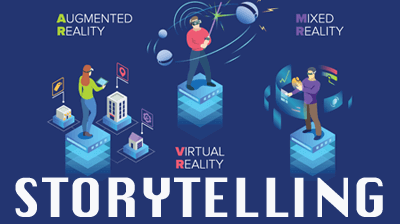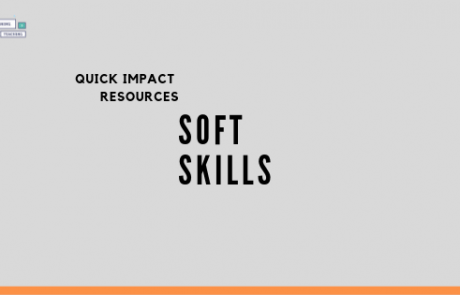
As part of the Area of Focus – Student, work for 2019, the College of Business kicked off the first Design Workshop for Program Transformation.
Course Coordinators and Program managers from the Associate Degree in Business and Diploma of Commerce came together for an interactive session to look at their programs from a top down and holistic approach.
Design Workshop
This is the first important step in supporting the leaders of the programs and their teams in enhancing, improving and uplifting their programs for a transformative student experience.
In the workshop, we brought together 15 Course Coordinators and focused on key industry trends, QILT Data and a Curriculum Evidence Portfolio gained from course guides with a key focus on assessment, Course Learning Outcomes (CLOs) and class delivery modes. To further explore these areas, the session had expertise across Authentic Assessment, Micro-credentials, Canvas, Belonging and WIL from the College of Business, RMIT Studios and the College of Design and Social Context.
Authentic Assessment
Christopher Deneen from RMIT Studios hosted the workshop on Authentic Assessment. As part of the Area of Focus – Student, our goal in the College of Business is for each Core Course with a Program in program Transformation to include at least 40% of Authentic Assessment. The Authentic Assessment workshop gave Course Coordinators an opportunity to take a deep dive into their course, mapping the authenticity and proximity to industry of each of their assessment pieces. This gave the program team a chance to identify the support and improvement needed to create more authentic learning experiences for our students.
RMIT Creds
Luisa Signor, Senior Learning Designer from the College of Business lead a fantastic segment on Micro-credentials (Digital Credentials) by engaging the Program team to provide an introduction into what RMIT Creds are and how they can complement each Program and Course. For the 2019 Program Transformation, we are required to embed 40 skill points of credentials with a further plan to implement a stack of 100 points in the future. For more information on how the College Business embeds Digital Creds click here.
Digital Uplift
Ishpal Sandhu, Senior Educational Developer concluded the workshop by presenting Canvas and the new elements 15 – 20 made available in late 2018. Providing real examples of how these improve the student experience in the classroom, online and how this can assist the teaching team with content delivery. As part of the Area of Focus – Student, programs are required to have embedded elements 1 – 14, and to choose at least one element from the new Canvas elements 15 – 20.
The Program Transformation, Development Squad is very excited to present similar experiences to the remaining Programs across the College of Business, continuing to use the expertise of the University as a whole. This Program level approach is pivotal to ensuring a transformative experience to not only our students but to our staff!
L&T Tool Box
- Inviting a Guest Lecturer to your classroomadmin2018-11-19T13:39:34+11:00
Inviting a Guest Lecturer to your classroom
- Interactive Content In Canvas using H5Padmin2020-05-25T20:16:14+10:00
Interactive Content In Canvas using H5P
- Assessment Options for Online Delivery2020-05-20T18:53:58+10:00
Assessment Options for Online Delivery
- Generating Captions with Canvas Studioadmin2019-07-16T09:44:52+10:00
Generating Captions with Canvas Studio























